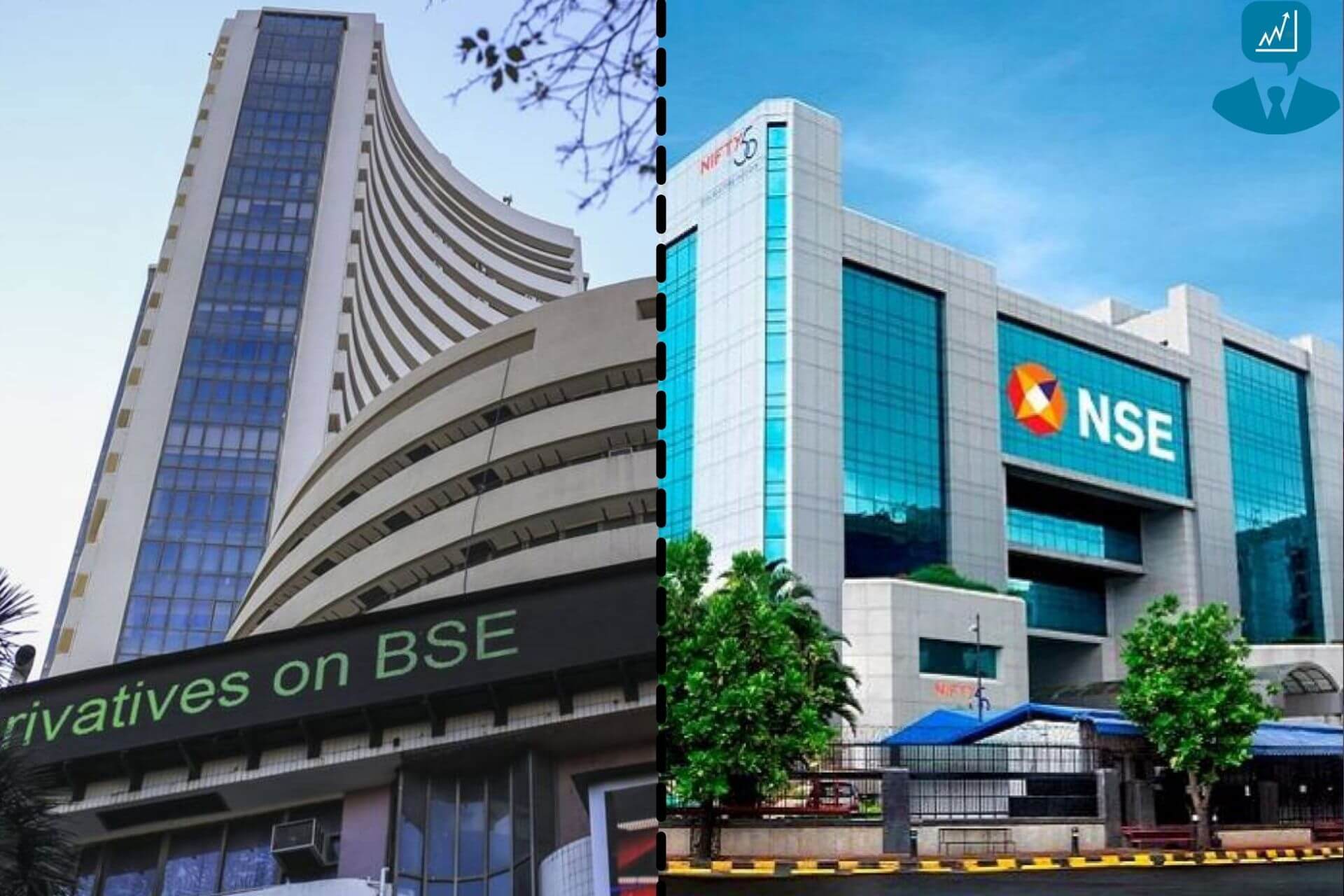The Role of BSE & NSE in Trading: A Comprehensive Analysis
Introduction to BSE and NSE
The Bombay Stock Exchange (BSE) and the National Stock Exchange (NSE) are important institutions in the Indian financial landscape, and each makes a unique contribution to the country’s stock exchanges Established in 1875, the BSE holds the distinction of it is the oldest bank in Asia. Known for offering diversified stocks, derivatives and mutual funds On the other hand, NSE launched in 1992 introduced electronic trading systems that revolutionized market access and efficiency.
Market development and performance BSE:
Tradition and Status Commonly referred to as the BSE Sensex, the BSE is a status and traditional indicator in Indian financial markets. Mumbai-based BSE continues to operate in a traditional trading environment along with a modern electricity infrastructure. It covers a wide range of companies across sectors, making it a reliable indicator of the health of the Indian economy.
NSE: Innovation and Modern Infrastructure
In contrast, NSE emerged as a leader in modernizing the Indian financial system. Its flagship index, the NSE Nifty, comprises the top 50 companies by market capitalization, representing diverse segments of the economy. NSE’s electronic trading systems have improved market performance and transparency, attracting high trading volumes and investor interest.
Comparative analysis of BSE and NSE
Market capitalization and trading volume
Recent developments show that NSE has surpassed BSE in terms of market capitalization and trading volume. This underscores NSE’s dominance of Indian capital markets, driven by its advanced technical infrastructure and broad market reach. However, the BSE retains its historical significance and continues to attract investors seeking long-term stability and growth opportunities.
Regional level and index
Both the exchange provide indicators of the performance of various sectors in the Indian economy. The BSE Sensex includes companies from industries such as IT, healthcare and consumer goods, providing a well-rounded market profile. In contrast, NSE Nifty provides insights into the performance of major Indian companies and highlights the big stocks that influence market sentiment
Legal Framework and Bank Trust regulatory oversight and investor protection
Both BSE and NSE operate under the regulatory supervision of the Securities and Exchange Board of India (Sebi). SEBI plays a vital role in maintaining market integrity, ensuring fair practices and safeguarding investors’ interests. The rigorous regulatory framework inspires confidence among market participants and contributes to the global credibility of Indian capital markets.
Investor education and market participation
Both exchanges actively promote investor education and awareness through various initiatives and programmes. These efforts aim to provide investors with knowledge about market dynamics, investment strategies and risk management. By promoting financial literacy, BSE and NSE are encouraging greater market share
Conclusion
In conclusion, BSE and NSE are the main pillars of the Indian financial system, each playing a different role in shaping the country’s capital markets Though BSE combines tradition, stability and rich historical heritage, NSE stands still for innovation, efficiency and modernity. Understanding the strengths and support of both variables is important for investors looking to take advantage of opportunities in India’s dynamic economic environment.
People also ask:
1. What is the role of NSE and BSE?
NSE and BSE are the leading stock exchanges in India, where various financial instruments such as stocks, derivatives, ETFs, mutual funds and corporate bonds are listed and traded on an electronic platform
2. Which is better, NSE or BSE for trading?
Generally NSE has high market capitalization and trading volume
3. What is the role of the BSE?
Its primary function is to facilitate the sale of equities, bonds, and other financial instruments.
4. What is the role of the NSE?
NSE facilitates trading in various securities including equity shares, debt instruments and exchange traded funds (ETFs).









